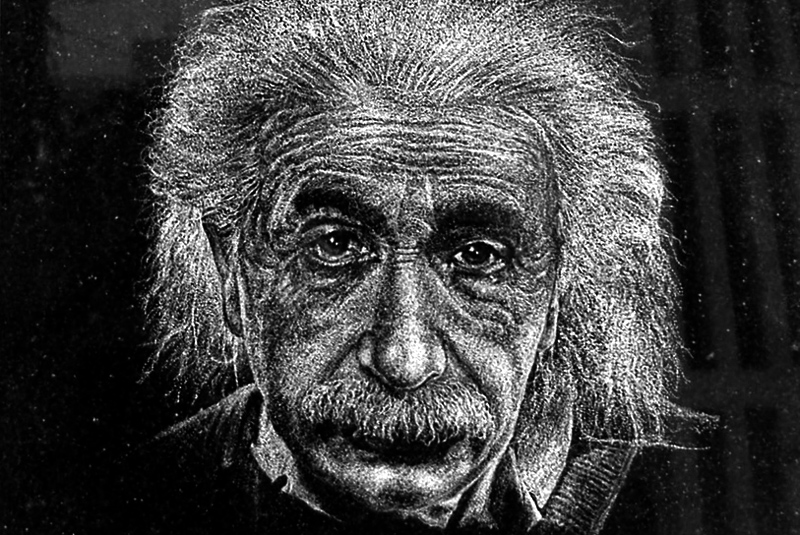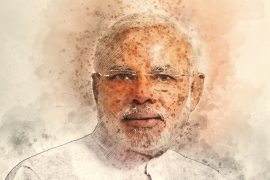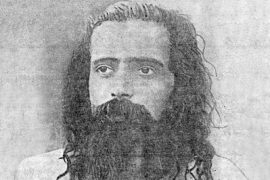When his father first showed Albert Einstein, the greatest of theoretical physicists, a receptacle compass, it was like what the falling apple was to his illustrious scientific ‘forebear’ Sir Isaac Newton. Einstein was barely five years old, but he felt an indescribable experience — his mind lit up with the gadget, in a manner born, and he began his long adventure in science.
Wait a minute, because as it so often happens with the genii, Einstein (March 14, 1879-April 18, 1955), despite his passion for knowing, was first thought to be a slow learner by his peers. He built models and mechanical gadgets for joy, but intrepid psychologists who deciphered his ‘consciousness’ when he had grown to be a legend, felt that Albert, as a kid, suffered from dyslexia. This was further strengthened by observations that his plain shyness sprung from the notably unusual structure of his brain, which was scientifically explored after his death.
All the same, Einstein, as his legendary intellect suggests, was able to turn science inside out, thanks to his non-obsessive attitude with space and time. This, as scholars dispassionately observe, led him on his great path vis-à-vis the development of his ground-breaking general theory of relativity — one of science’s most celebrated, nay unparalleled, discoveries.
-30-
Copyright©Madras Courier, All Rights Reserved.
You may share using our article tools. Please don't cut articles from madrascourier.com and redistribute by email, post to the web, mobile phone or social media.Please send in your feed back and comments to [email protected]











